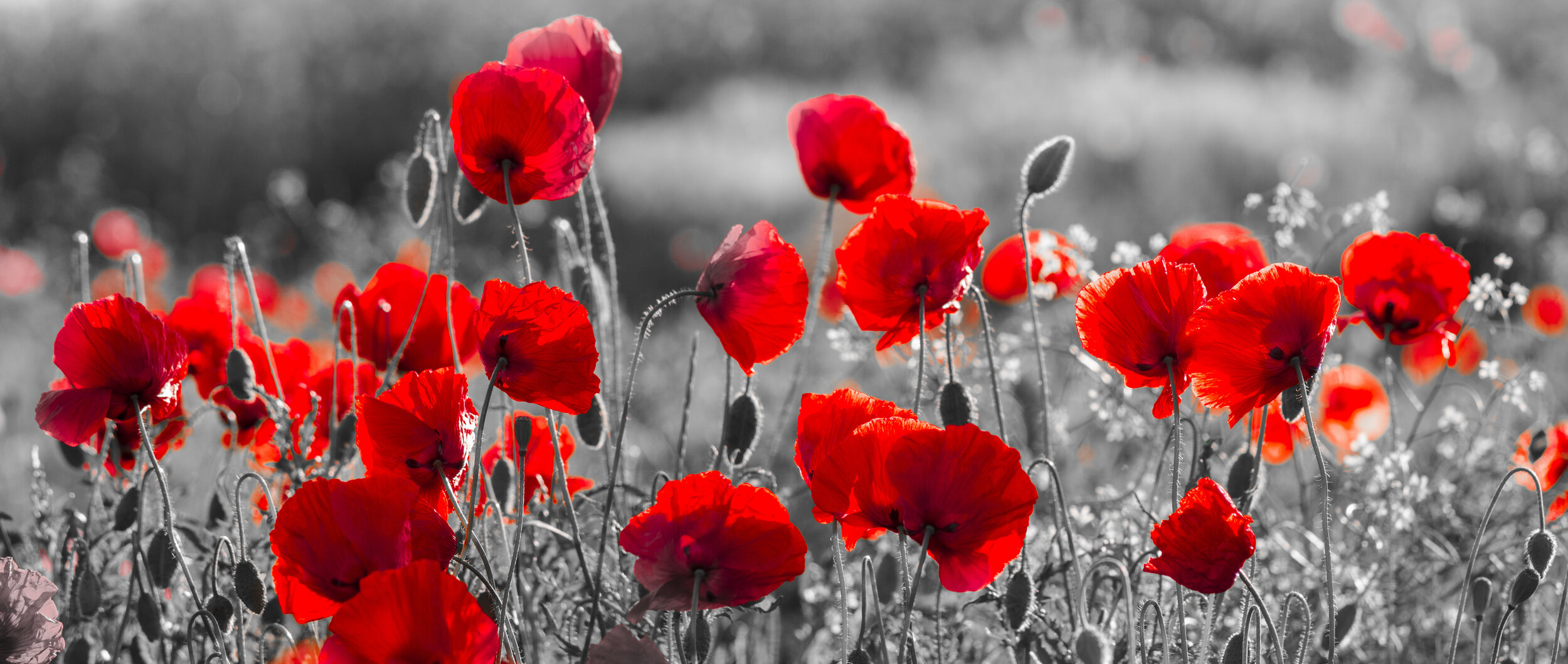
Poppy Day Drive-Thru
Saturday May 27, 2023 10am - 2pm
Poppy Day will be a drive-thru event at the American Legion Building at 900 South La Grange Road, La Grange, IL 60525. In addition, volunteers will collect at various locations throughout the area. Please consider making a donation this year via the Donate button on this screen if you cannot make the Drive Thru.
All donations benefit Veterans, Active Duty Military & their Families.
What is Poppy Day?
Poppy Days are the American Legion Auxiliary's biggest fundraiser to enrich our Poppy Funds in order to directly serve veterans, active duty military and their immediate families. We could not make such an impact without your support!!
The Auxiliary Unit 1941 has donated Poppy Funds to the following:
15 VA hospitals, outpatient & residential facilities throughout Illinois
Friends of Fisher House
ALA Six Point Programs including Christmas Gift Shop & Easter gifts
Canine Companions for Independence
Department & Post 1941 Gifts to the Yanks program
Volunteers of America - Hope Manor Housing for Veterans
Homes for Our Troops
Chicago Veterans
Greater Chicago Food Depository - providing food for pantries at Hines & Jesse Brown facilities
Honor Flight for Women
K-9 Service Dogs for Veterans
Soldier’s Angels
Caring Patriot’s
Canine Companions
Navy-Marine Corps Relief Society
American Legion Child Welfare Program
BraveHearts Therapeutic Riding Center Veterans Therapy Programs
Well being items for hospitalized veterans at Hines VA
Blankets were made & distributed to children of homeless veterans
The Poppy Story
The Poppy Story from the battlefields of World War I, weary soldiers brought home the memory of a barren landscape transformed by wild poppies, red as the blood that had soaked the soil. By that miracle of nature, the spirit of their lost comrades lived on.
The poppy became a symbol of the sacrifice of lives in war & represented the hope that none had died in vain. The American Legion Auxiliary poppy has continued to bloom for the casualties of four wars, its petals of paper bound together for veterans, reminding America each year that the men & women who have served & died for their country deserve to be remembered.
The poppy, as a memorial flower to the war dead can be traced to a single individual, Moina Michael. She was so moved by Lt. Col. McCrae’s poem, “In Flanders’ Fields,” that she wrote a response:
. . . the blood of heroes never dies
But lends a luster to the red
Of the flower that blooms above the dead
In Flanders’ Fields
On impulse, she bought a bouquet of poppies - all that New York City’s Wanamaker’s Department Store had and handed them to businessmen meeting at the New York YMCA where she worked. She asked them to wear the poppy as a tribute to the fallen. That was November 1918. World War I was over, but America’s sons would rest forever “in Flanders’ Fields.” Later she would spearhead a campaign that would result in the adoption of the poppy as the national symbol of sacrifice.
The Poppy Story
The Poppy Story From the battlefields of World War I, weary soldiers brought home the memory of a barren landscape transformed by wild poppies, red as the blood that had soaked the soil. By that miracle of nature, the spirit of their lost comrades lived on.
The poppy became a symbol of the sacrifice of lives in war and represented the hope that none had died in vain. The American Legion Auxiliary poppy has continued to bloom for the casualties of four wars, its petals of paper bound together for veterans by veterans, reminding America each year that the men and women who have served and died for their country deserve to be remembered.
The poppy, as a memorial flower to the war dead, can be traced to a single individual, Moina Michael. She was so moved by Lt. Col. McCrae's poem, "In Flanders Fields," that she wrote a response:
. . . the blood of heroes never dies
But lends a luster to the red
Of the flower that blooms above the dead
In Flanders' Fields.
On impulse, she bought a bouquet of poppies – all that New York City's Wanamaker's Department Store had – and handed them to businessmen meeting at the New York YMCA where she worked. She asked them to wear the poppy as a tribute to the fallen. That was November 1918. World War I was over, but America's sons would rest forever "in Flanders' Fields." Later she would spearhead a campaign that would result in the adoption of the poppy as the national symbol of sacrifice.
Text from the ALA website // https://www.alaforveterans.org/Programs/Poppy/

